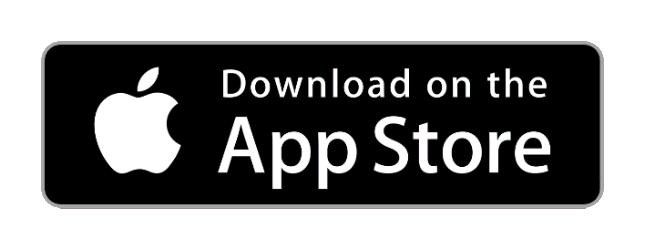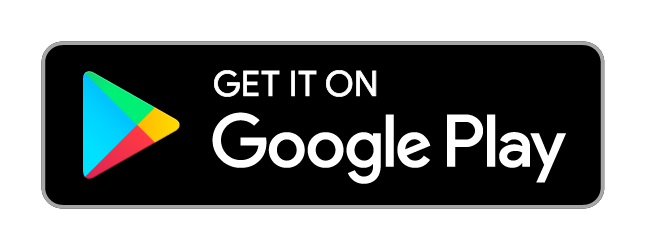In this guide, we will go over some of the most basic questions when it comes to blogging for money.
What is a website?
Wikipedia has a good definition of a website:
A website (also written as web site) is a collection of web pages and related content that is identified by a common domain name and published on at least one web server.
A domain name is simply the name of an entity online that represents the website. For example, the domain name of this website is learndigitalmarketingapp.com.
What you are seeing right now is the content of a website. Websites are almost always identified by their domain names, so we can say that you are looking at the website called learndigitalmarketingapp.com.
A web server is the combination of computer hardware and software that is responsible for hosting a website, and serving its contents to users who search for it.
What is a webpage?
We go to Wikipedia once more for the definition of a webpage:
A web page (or webpage) is a hypertext document provided by a website and displayed to a user in a web browser.
In general, what you are seeing right now is a website, but it’s also a webpage. A webpage is defined by the full URL (Uniform Resource Locator), which is the text you see in the top bar of your browser. For example, the webpage you’re currently seeing is learndigitalmarketingapp.com/how-does-blogging-work/.
Hypertext simply means text displayed on the screen of an electronic device, with references to other text that readers can access (also known as links or hyperlinks).
A web browser is the program on your computer or your phone you are using right now to see this content, like Google Chrome, Safari, Firefox, Microsoft Edge, etc.
What is a blog?
A blog is a type of website where the primary way of conveying information is through textual form, but it can also use other forms like images and video.
There are many definitions of a blog, but I believe this one will work best for our purposes of learning digital marketing. To put it simply, every website where the majority of the information is presented as text, can be called a blog.
The information on a blog is split up into discrete entries called blog posts, usually displayed in reverse chronological order, but lately, we’re seeing more and more blogs break that rule and display their blog posts in whatever order they find works best for their business.
What is a blog post?
A blog post is a single entry in a blog.
We can also say that a blog post is a web page on a website that is a blog. This is not 100% correct technically, but it’s true most of the time and it’s a very useful analogy.
What is the purpose of a blog?
A blog can have any purpose, or no purpose at all, but traditionally, the main purpose of a blog has been to provide information to a reader.
Additionally, one common purpose of a blog is to generate profit for its owner.
How do blogs make money?
Blogs can make money in many different ways, but the three most common ways that blogs earn money today are through displaying advertising, recommending products for which the bloggers are affiliates, and selling products from the blog itself.
Displaying ads on a blog usually involves an advertising network that dynamically manages the different ads displayed on the blog, often based on the unique information they already have about the specific reader of your blog. This is probably the most popular way of earning money with a blog, and probably the easiest one to set up and get started with. Ad networks will use the location, language, and previous search history of the reader to show them more relevant ads that are more likely to result in the reader clicking the ad and spending money, which also means more money for the blogger, too. Google Adsense is the most famous advertising network, but their payouts are typically lower than what some other more premium ad networks provide, such as Ezoic, MediaVine, AdThrive, etc.
Recommending products to your audience and then earning affiliate commissions for every referral you’ve made that has resulted in a purchase is also known as affiliate marketing. This is another popular way of earning money with a blog, but it requires creating accounts with the merchants that have their own affiliate programs, creating special links for the products you recommend that also include a parameter used to identify you as the referrer, and placing those links on your blog. The biggest affiliate program right now is Amazon, but depending on the niche of the blog, there might be a lot of other merchants that offer bigger commissions.
Blogs can also sell products themselves. If a blog sells physical products, then the definition of whether that’s still a blog becomes unclear, and that website is probably a mix between a blog and an e-commerce store. Most of the traditional blogs, however, sell digital products like e-books or digital courses or other educational material, that don’t require any physical infrastructure. Since the products are delivered digitally and with no additional cost or markup, the margins for bloggers are excellent here, but the effort required to create good digital products is not trivial.
In all three cases, the blog will almost always need to have a lot of traffic to be able to generate good profits.
What is traffic?
Web traffic is the number of people that visit a website, and other numbers related to their interactions with the website.
There are several ways to measure traffic:
- users – the number of people that visit the website during a certain period of time
- sessions – the total amount of times that each user has visited the website in a single uninterrupted time period (greater than users)
- page views – the total number of web pages that all the users have visited during a certain period of time (greater than users and sessions)
There are several ways that websites get traffic:
- direct – users already know the website and go straight to it by typing the domain name in their browser search bars
- referred – users find the website by arriving at it from another website that has linked to it
- organic – users perform a search in a search engine, the website is in one of the results, and the users click the link to their website
What is a search engine?
A search engine is a website that provides its users with the ability to enter search queries or keywords and see websites and web pages that are related to those keywords. A search query or a keyword is literally the words or phrases that the user types in the search engine.
How does blogging work?
With all of the definitions out of the way, we can now provide a simple explanation of how blogging works.
Bloggers create blogs and fill them with blog posts, with each blog post usually focusing on one primary search query or keyword. Usually, blog posts on affiliate blogs come in one of the following types:
- product review (a detailed review of a single product)
- list article (comparing several different products for a given category)
- informational article (guides, tutorials, answers to questions)
- comparison (comparing one product versus another)
Search engines find out about the blogs, collect their blog posts and their other content (aka scraping), and try to see where each blog post or web page might fit for a given keyword.
Once the search engine reaches a decision about how to rank the blog post for a given keyword, they present that blog post when a searcher searches for that keyword, and the blog post is ranked at a certain position in the search results, depending on how well the search engine has ranked it. See my complete guide on how search engines work if you want to find out more.
Typically, the higher a blog post ranks for a given keyword, the more traffic it will earn. That’s why bloggers are often focused on improving their rankings and their positions in the search engine results (which is also known as search engine optimization, or SEO).
There are some blogs where the bloggers don’t really care about the traffic they get, but most of the time, bloggers want to get as much traffic as possible. In general, whatever the goal of the blog is, it is more likely to be reached if the blog gets more traffic. If the blog is set up to earn money, it will earn more if it gets more traffic.


